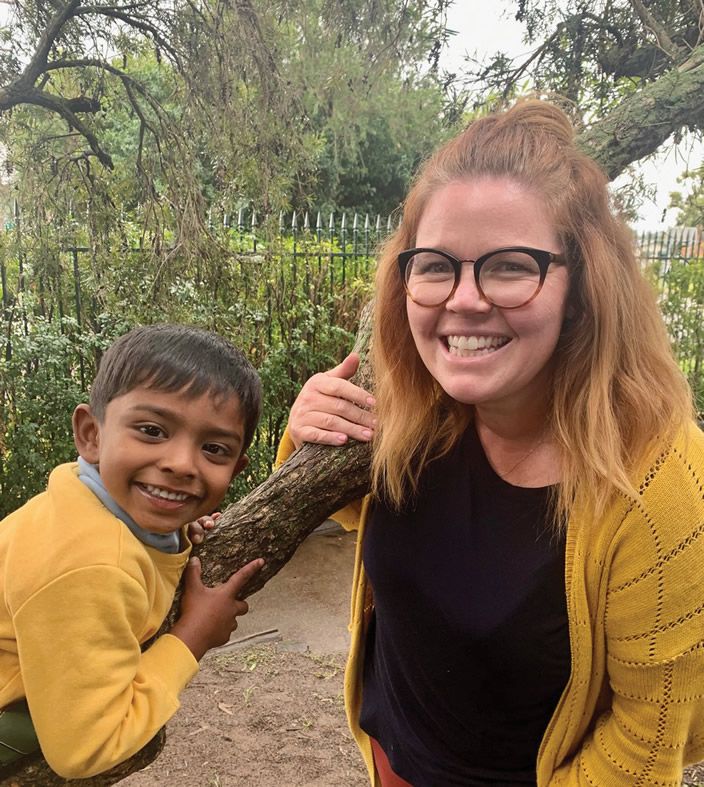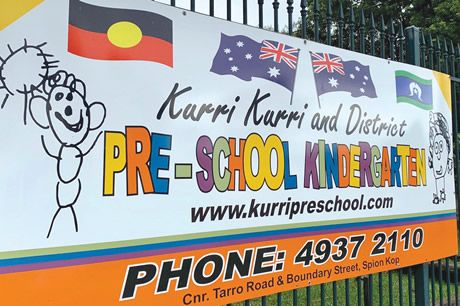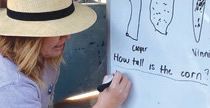Preparing for pandemic
Nicci says her experience as a new director, thrown straight into the deep end managing the local community impacts of the bushfires, helped prepare her and her preschool for the pandemic that was to come.
“We had to think fast,” said Nicci.
“We had to draw on our emergency planning, to have contact with emergency authorities and think very quickly day to day.”
Returning from the Christmas break, Nicci and the team had developed clear curriculum directions for how they were going to talk about the traumatic implications of the fires, what it meant for the country and the impact of that devastation.
“Then, obviously, the coronavirus came along and our curriculum direction had to change again really quickly.
“We wrote a social story, because we know young children respond well when we use their own language. We started talking about what they knew already, what they’d heard in the media and at home.
“And then all of a sudden we weren’t at preschool.”
The big shift
Nicci said her primary concern, alongside obvious community health and safety issues, was the impact that a pandemic was going to have on the lives of our young children.
“Some children only get one year at preschool, so I was worried about the impact of not being able to access our program because it’s so important for their development in those early years.”
It was obvious that the pandemic was going to have a major impact on how the team worked.
“We have a wonderful team here... we needed to really step outside our comfort zone and do our job differently.”
They quickly assembled a comprehensive risk assessment, putting children at the centre of their plans, as well as the staff, and implemented clear guidelines especially around hygiene and cleaning.
“Even though we had to work a little bit harder, and we had to work differently, I think the staff had peace of mind that we were drawing information from authorised agencies and we turned that information into strategies to keep ourselves and the children safe.”





































































































































